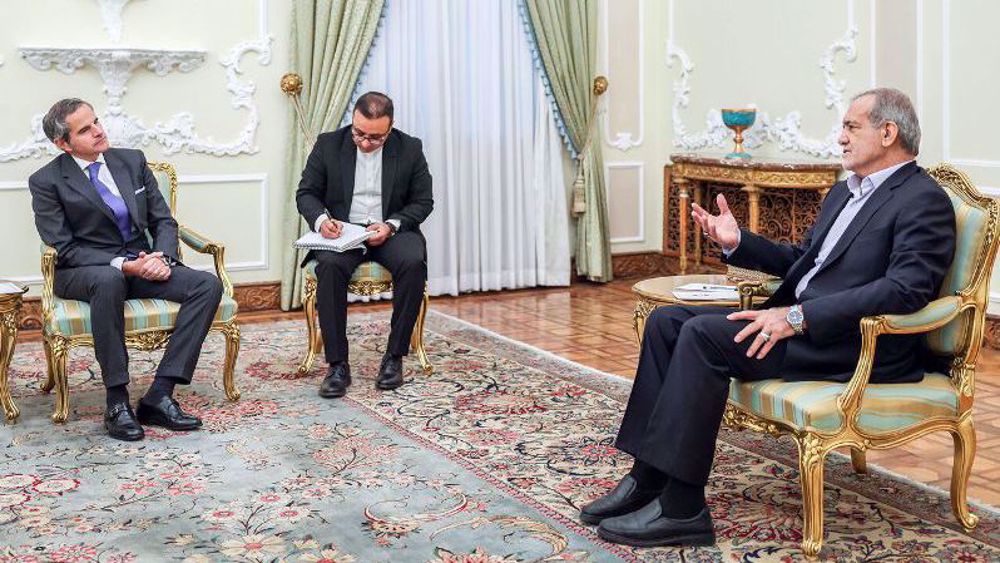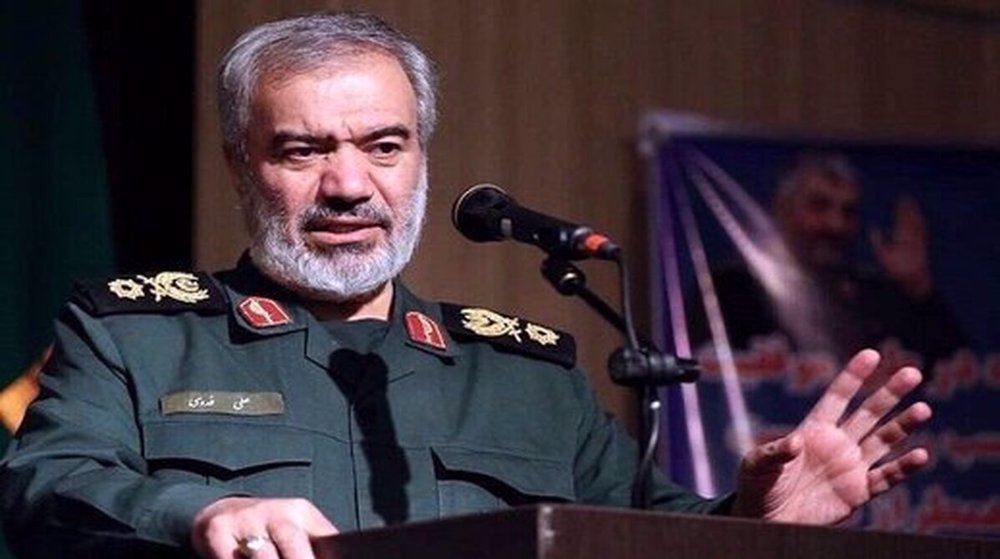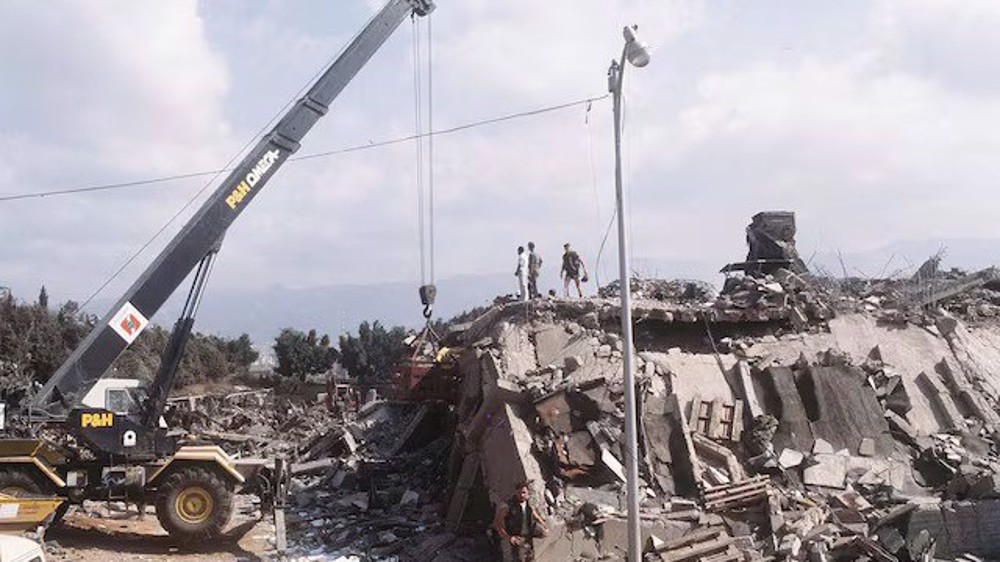NAM indisputable part of solutions to world crises: Iran's Rouhani
Iranian President Hassan Rouhani has called for further cooperation among the member states of the Non-Aligned Movement (NAM), saying the bloc plays an “undeniable” role in resolving the crises across the world.
“At the current juncture, NAM member states more than ever require solidarity, convergence and coordination. The truth is that as a bloc that comprises about two-thirds of the United Nations members, we are an undeniable part of the solutions to the challenges facing today’s world,” Rouhani said at the opening ceremony of the 17th NAM summit on Margarita Island, Venezuela, on Saturday.
He said commitment to the founding principles of NAM guarantees the independence, territorial integrity and sovereignty of all countries and will help promote the national interests, good-neighborliness, and sustainable security and development throughout the world.
“By following these principles, many of the fundamental problems and challenges as well as serious existing crises can be resolved.”
Rouhani described as “concerning” the international status quo, saying world peace is at threat. “The violation of the national sovereignty of developing countries is being carried out under various covers and forms.”
Touching upon the foreign-backed crises in the Middle East and North Africa in recent years, Rouhani said the Islamic Republic was the first country to warn of the “global threat of Takfiri terrorism” in Syria.
“While a number of irresponsible countries in the Mideast and West were busy arming and training Takfiri terrorists, we stood by the Iraqi and Syrian nations and governments against one of the most violent terrorist groups.”
He said the countries backing Takfiri terrorists decided to “reluctantly form an inefficient coalition” against terrorism only after the overflow of terrorist attacks across Syrian borders.
The Iranian president urged against pinning hope on big powers for the establishment of security, development and progress.
“Not only have the major powers not helped the easing of these pains but play a considerable role in the persistence of poverty, violence, murder, war and the displacement of millions of people in developing countries,” Rouhani said.
He said no country can individually resolve the crises in the region and called for diplomatic and collective approaches to resolve the woes.
“The woes of the Middle East region are such that no country is by itself capable of creating sustainable stability and security in it.”
“National dialogue should take place with the participation of interested and legitimate parties without interference by foreign powers and the ballot box should ultimately determine the fate of these countries.”

Rouhani added that fighting terrorism needs the sincere cooperation of world powers. He expressed regret that some of the bloc's member states are currently supporting terrorism.
“Unfortunately, a few of the member states are contributing to disturbing the peace and meddling in the internal affairs of other members by trampling upon the movement’s basic principles and supporting terrorists.”
However, the Iranian president said world challenges should not be allowed to divert attention from the plight of the Palestinians.
“The Zionist regime seeks to devise and exploit the ongoing developments in the Middle East, particularly the emergence and spread of terrorist and extremist groups such as Daesh to overshadow its crimes against the oppressed Palestinian nation and others regional nations.”
“The international community has not achieved the least success in restoring the trampled rights of the Palestinian nation and ending the [Israeli] occupation.”
At the end of his speech, the Iranian president officially submitted the body’s rotating presidency for three years to his Venezuelan counterpart Nicolas Maduro and wished him success and expressed Iran's support for him.
The NAM meeting brought together heads of state and delegates from all the 120 member countries to discuss key regional and international issues.
NAM, an international organization with 120 member states and 21 observer countries, represents nearly two-thirds of the UN members. It is regarded as not formally aligned with or against any major power bloc.
VIDEO | Beirut’s southern suburbs targeted in 'heavy' Israeli strikes
Haaretz: Over 10,000 Israelis have migrated to Canada this year
VIDEO | Press TV's news headlines
Official: Iran to respond ‘decisively’ to any threat to its nuclear program
Nearly 70 Mossad-linked terrorists killed or captured in southeast Iran
What collapse of German coalition government means
Iran, Syria emphasize need to stop Israeli atrocities in Gaza, Lebanon
Clinton whisked away amid pro-Palestine protest at Belfast university










 This makes it easy to access the Press TV website
This makes it easy to access the Press TV website